Harmon Canyon will close for one day for this amount of rainfall.
1/4 inch of rain
Ventura Wild originally began as a summer camp for this school
Oak Grove School
For a patient in serious condition, vital signs should be reassessed at this frequency.
Every 5 minutes
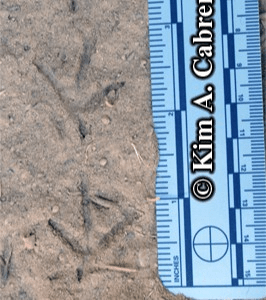
This animal’s track is can be easily found in our campground.
California Quail
This plant blooms in summer with large yellow flowers, provides edible fruits for wildlife, and was used by the Chumash for medicine, containers, and ceremonial rattles.
Wild Gourd or Coyote Gourd (Cucurbita foetidissima)
Known for caching thousands of acorns and even stealing from neighbors, this bird can recognize themself in a mirror test, showing surprising intelligence.
California Scrub Jay
This spiny invertebrate can live up to 70 years, survive lean times by entering a low-energy “hibernation” state, and is notorious for overgrazing kelp holdfasts when predators like sea otters and sunflower stars are absent.
Sea Urchin
Ventura Land Trust, formerly known as Ventura Hillsides Conservancy, was founded in this year.
2003
Ventura Wild was founded in this year.
2009
If you smell smoke, these apps can help you locate active fires in your area.
PulsePoint and CalFire
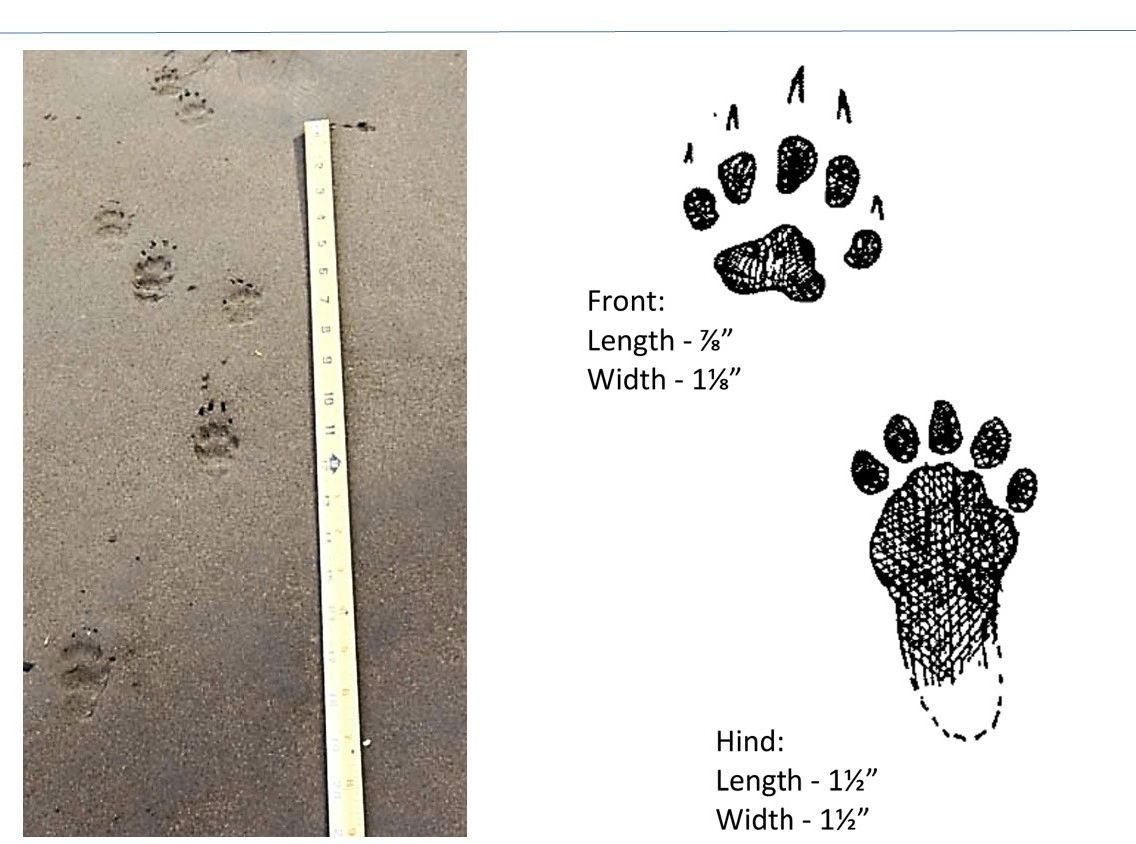
This animal’s track shows three central claws on the front foot that can appear a good distance in front of the foot.
Striped Skunk
This keystone coastal shrub with aromatic, feathery leaves, blooms spring through fall, provides cover for quail and insects, and was used by the Chumash for fire-making (hearth board), arrow foreshafts, medicine, and ritual.
California Sagebrush (Artemisia californica)
This bird can run up to 20 miles per hour, fast enough to chase down lizards and even rattlesnakes.
Greater Roadrunner
Members of this diverse insect order exhibit complex social behavior, including colonies with queens and workers.
A. Hemiptera
B. Lepidoptera
C. Diptera
D. Hymenoptera
(D) Hymenoptera
This is the name of the Ventura Land Trust preserve scheduled to open early next year.
Ventura Hills Nature Preserve
Ventura Wild rekindles a deep sense of belonging and connection to wild places by nurturing these four qualities in the natural world
awareness, knowledge, skills, and stewardship
In case of lightning, the safest place to retreat is:
A. Under a tree
B. Rock overhang
C. Inside a bathroom
D. Open field
C. Seek shelter in a building, such as a bathroom or enclosed vehicles (avoiding touching any metal)
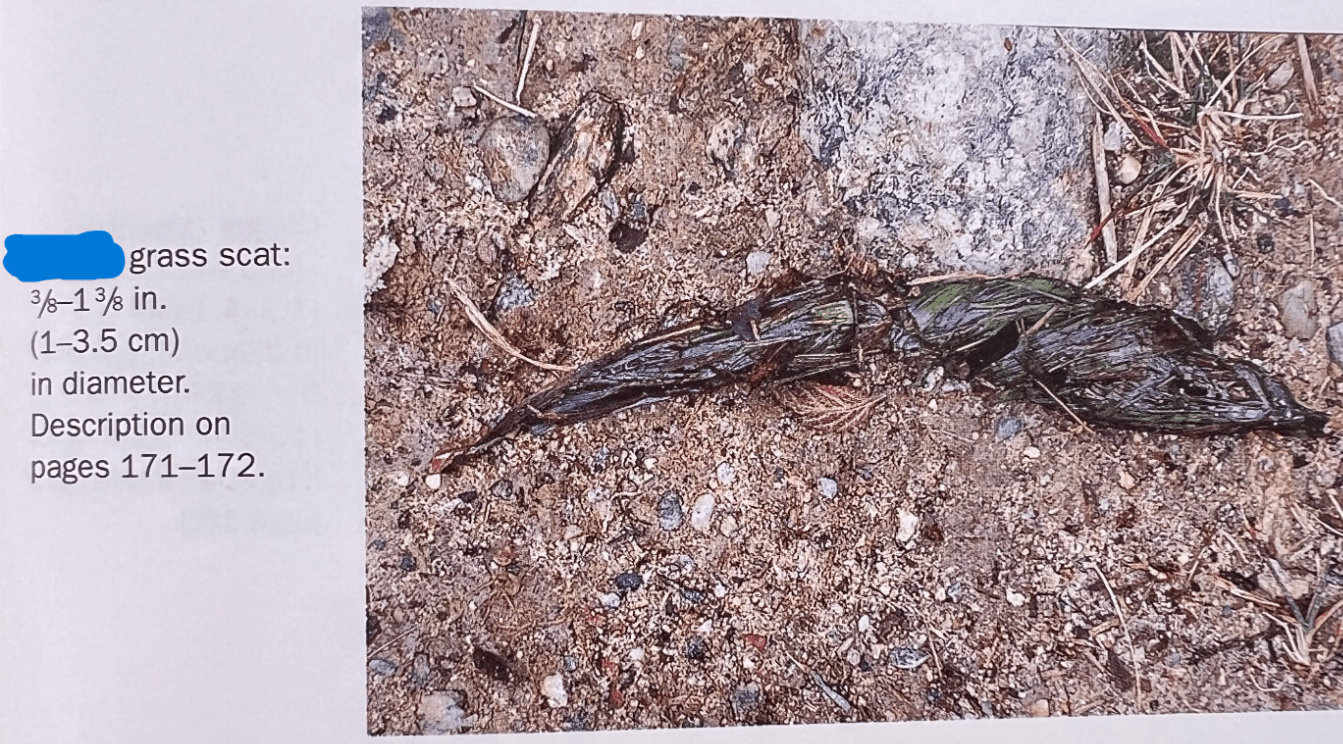
Scat from this animal varies with diet, often twisted and tapered with pointy ends, and is commonly posted in obvious locations like trails or roads.
Coyote
This vigorous winter–spring vine, which hosts several butterfly species and produces spiny gourd-like fruits, was used by the Chumash for medicinal treatments and as a seed-oil binder for rock-art pigments—but unlike other groups, the Chumash did not use it as a fish poison.
Wild Cucumber / Man Root (Marah macrocarpus)
This bold black-and-white striped-headed bird eats seeds and insects, is a common winter visitor in California, and migrates north to breed in Alaska and Canada.
White-crowned Sparrow
This woodland-dwelling bird is a highly agile flier, and their sharp, rapid 'cak-cak-cak' call is often heard when alarmed or defending their nest.
Cooper's Hawk
Ventura Land Trust’s mission is to permanently protect these four things in the Ventura region for current and future generations.
Land, water, wildlife, and scenic beauty
Each year, Ventura Wild awards this amount in financial assistance.
Around 30,000
In the AMPLE patient history acronym, this is what the “E” stands for.
Events leading to the crisis
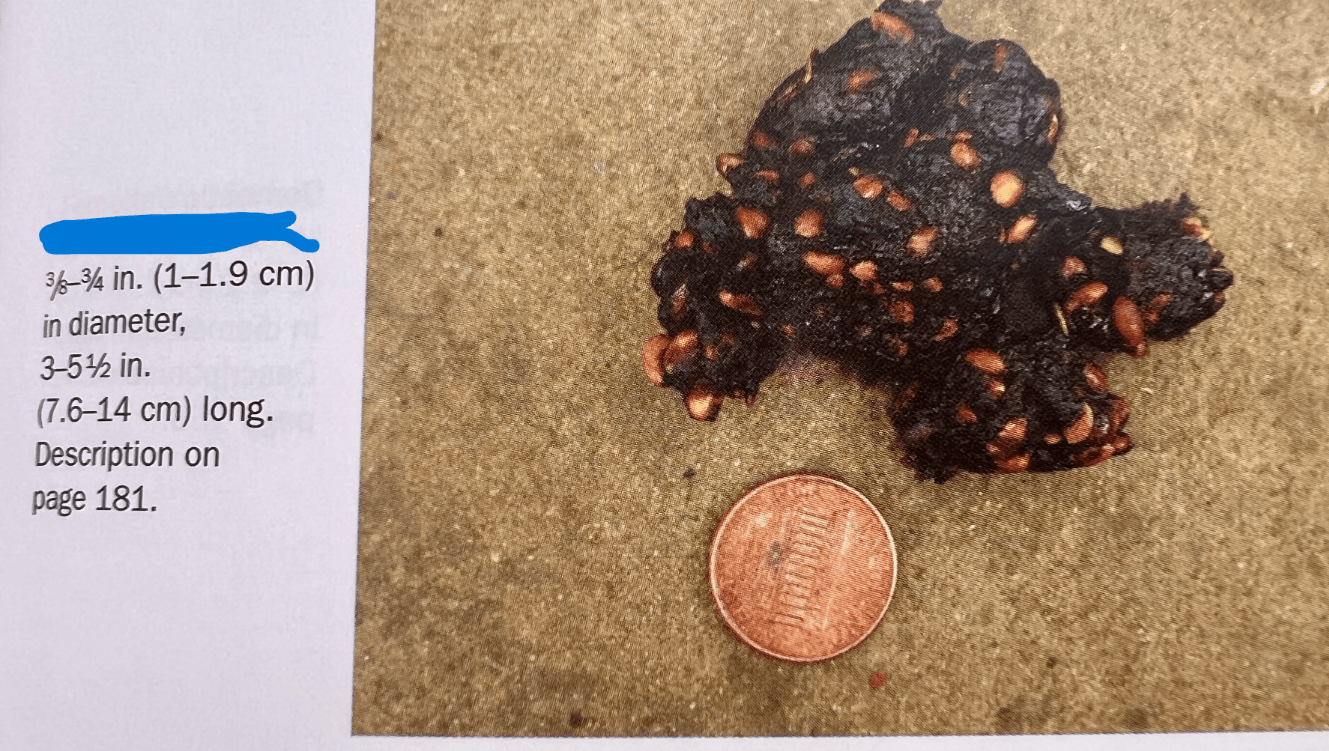
Scat from this animal varies with diet—fruits, seeds, and meat. A capable climber with cat-like agility.
Gray Fox
This aromatic riparian perennial stabilizes soil and supports up to 28 butterfly species. The Chumash used it medicinally for headaches, asthma, and poison oak, and in ritual healing by shaping the woolly leaves into tobacco cones that were burned on the skin in a practice similar to cupping.
Mugwort (Artemisia douglasiana)
Unlike some close relatives, this bird often feeds on the ground, probing for ants with their long tongue, and is known for their loud “wick-a-wick-a-wick” call.
Northern Flicker
This fast-growing riparian shrub blooms nearly year-round, attracts pollinators and birds, and was used by the Chumash for fire-making (spindle) and crafting fish traps called wisay.
Mulefat (Baccharis salicifolia)
3,876
Mysterious, mischievous, and bold, this core routine helps create moments of outrageous play.
Trickster / Transformer
This is the minimum fall height considered a significant mechanism of injury that raises concern for spinal injury.
10 feet in adults, or 2 - 3 times the child's height
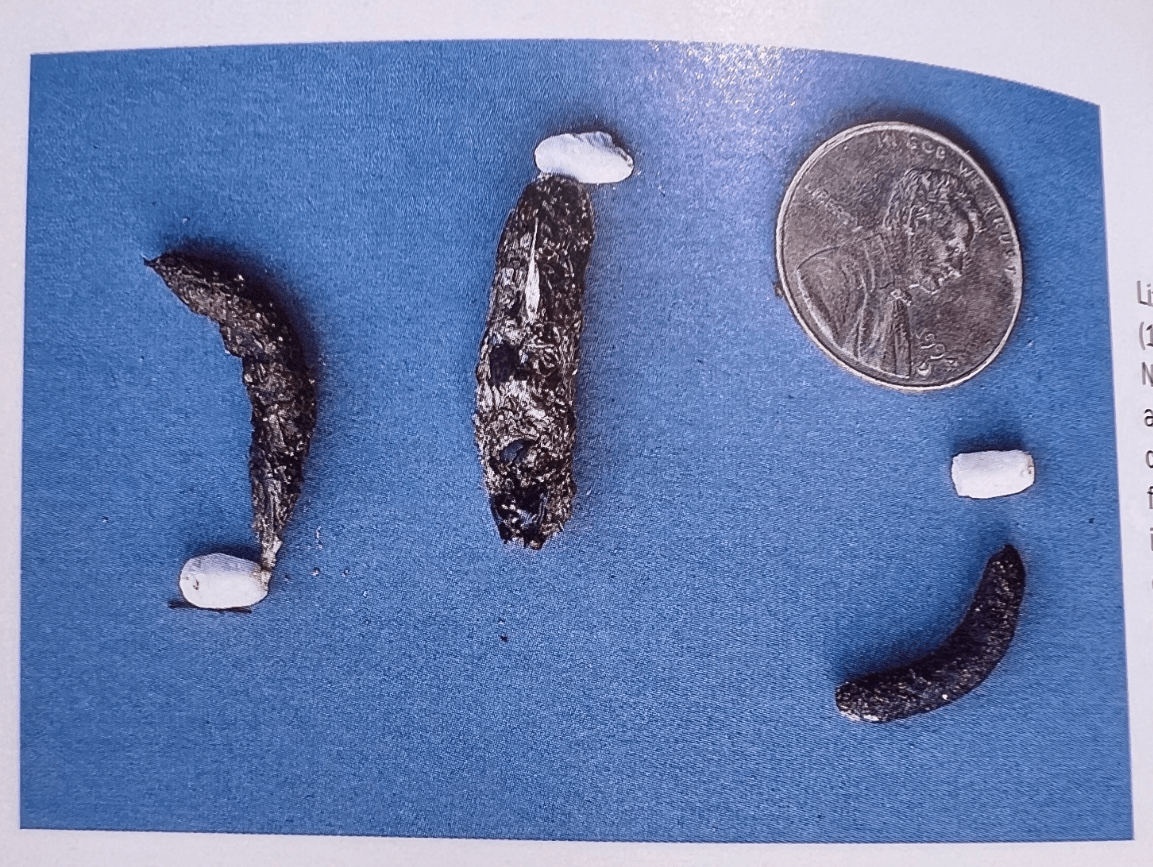
The uric acid package is completely separate from the rest the contents, which is unique to this animal.
A. Dark-eyed Junco
B. Woodrat
C. Black Phoebe
D. Western Fence Lizard
D. Western Fence Lizard
This spring–summer flowering plant provides nectar for pollinators, has wavy-edged leaves, and the bulbs were used by the Chumash to make soap, stun fish, craft brushes, and prepare hides.
Soap Plant (Chlorogalum pomeridianum)
This juvenile bird uses this high-pitched shriek to signal their hunger to their parents.
Great Horned Owl
This biome, characterized by mild wet winters and hot dry summers, covers much of coastal California. Globally rare, it is home to plants with tough, small leaves adapted to resist water loss—like chamise and manzanita—and supports some of the highest biodiversity outside the tropics.
Chaparral